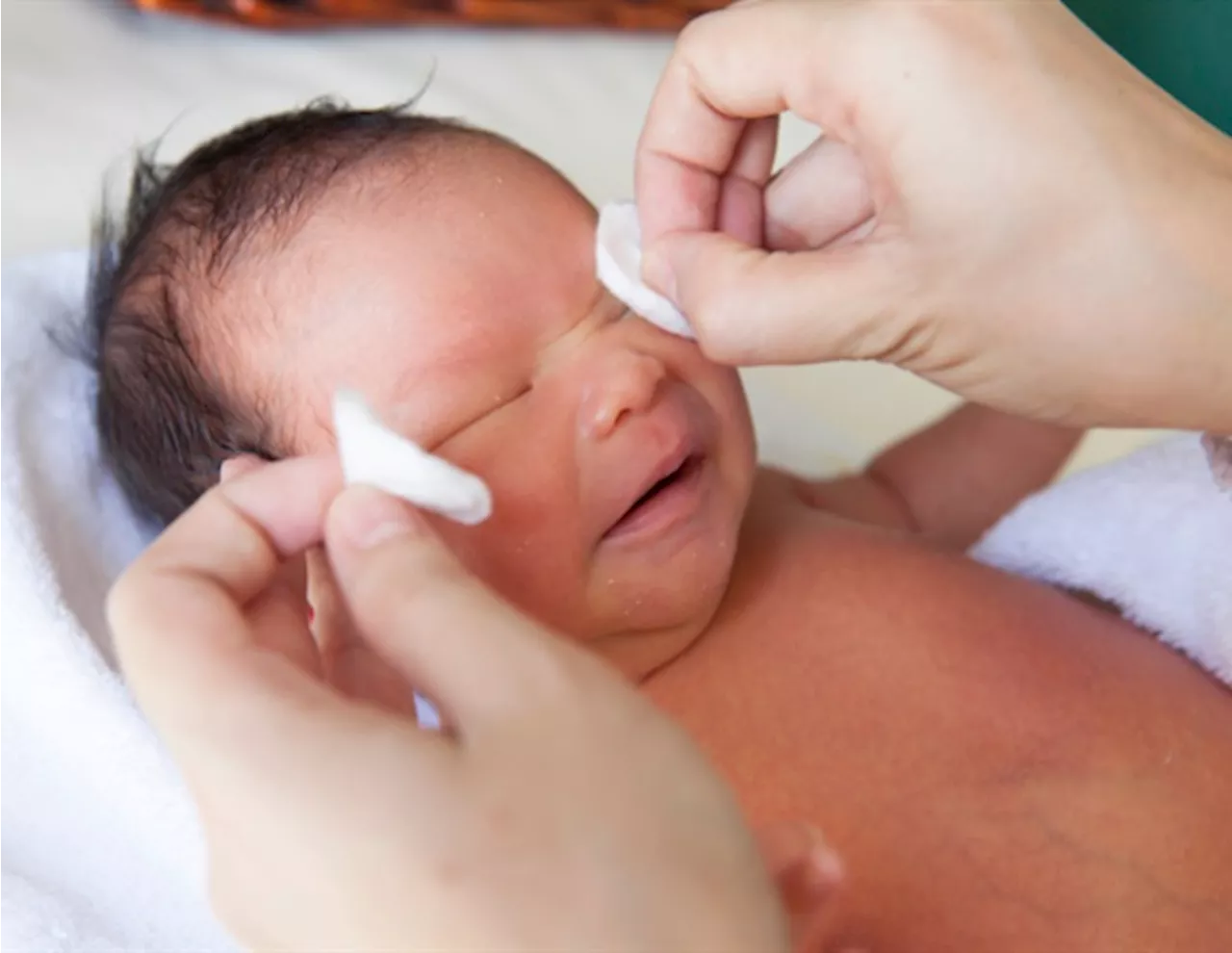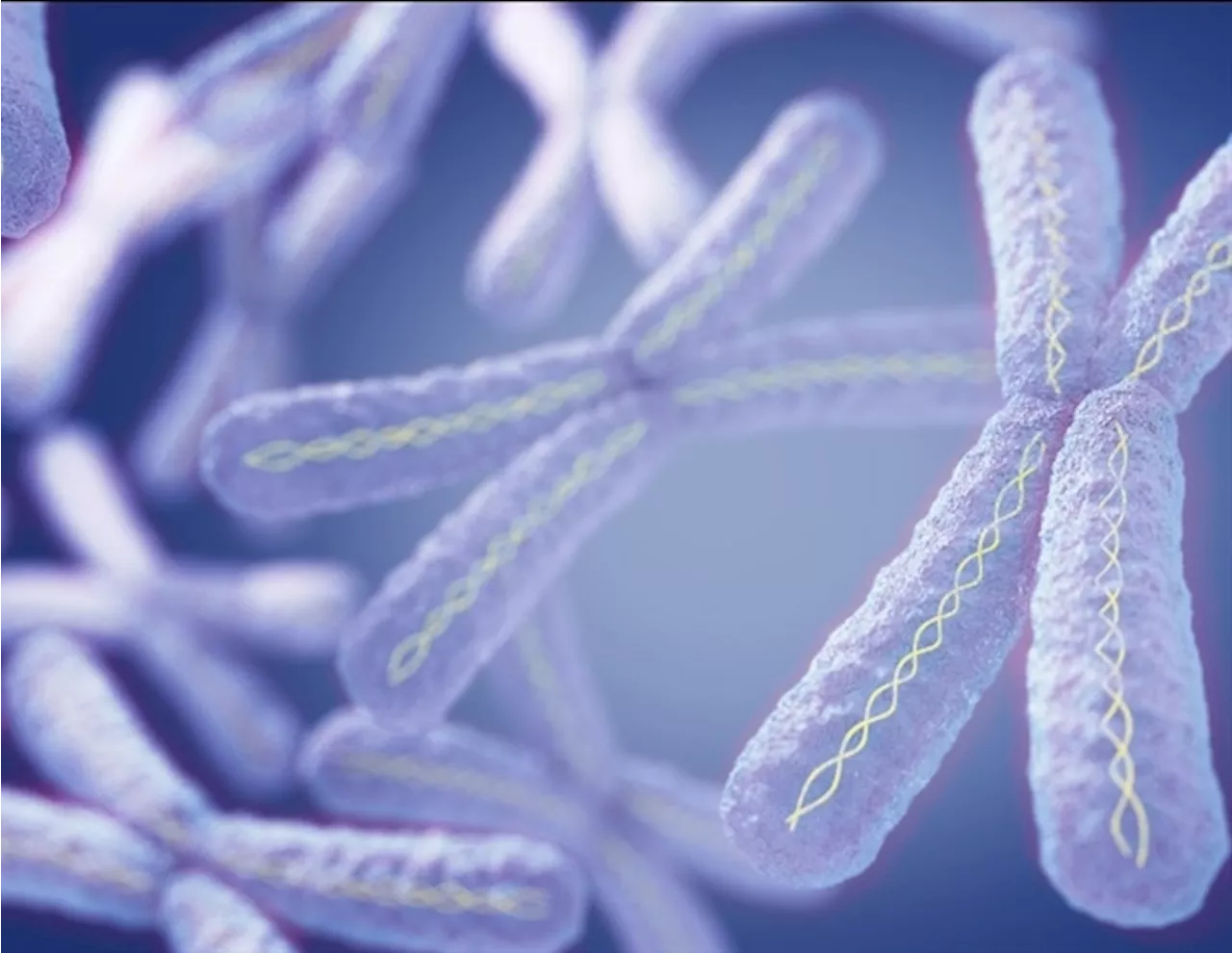In posttraumatic stress disorder (PTSD), intrusive thoughts, changes in mood, and other symptoms after exposure to trauma can greatly impact a person's quality of life.
Apr 18 2024Broad Institute of MIT and Harvard In posttraumatic stress disorder , intrusive thoughts, changes in mood, and other symptoms after exposure to trauma can greatly impact a person's quality of life. About 6 percent of people who experience trauma develop the disorder, but scientists don't yet understand the neurobiology underlying PTSD.
Caroline Nievergelt, co-first and corresponding author on the study and professor in the Department of Psychiatry at the University of California, San DiegoThe findings both confirm previously discovered genetic underpinnings of PTSD and provide many novel targets for future investigation that could lead to new prevention and treatment strategies.
But these analyses pointed to different genetic loci across datasets, and many studies struggled to distinguish loci that were specific to PTSD risk from those that were also linked to conditions such as depression and cardiovascular disease. Genetic datasets have also historically focused on people of European ancestry, even though there is a disproportionately high burden of trauma and PTSD among people of African, Native American, and Latin American ancestry in the United States and globally.
Although previous studies found a higher prevalence of PTSD in females than males, the researchers did not find evidence for this in their data. They examined the X chromosome, which earlier studies did not do, and found five loci linked with PTSD. But they add that these changes on the X chromosome would have similar effects in males and females.
Brain Chromosome Depression Genes Genetic Genetics Genomics Neurons Post-Traumatic Stress Disorder Psychiatry Research Stress Trauma X Chromosome
United Kingdom Latest News, United Kingdom Headlines
Similar News:You can also read news stories similar to this one that we have collected from other news sources.
 Study shows dogs may be able to sniff out an oncoming PTSD flashbackDogs' sensitive noses can detect the early warning signs of many potentially dangerous medical situations, like an impending seizure or sudden hypoglycemia.
Study shows dogs may be able to sniff out an oncoming PTSD flashbackDogs' sensitive noses can detect the early warning signs of many potentially dangerous medical situations, like an impending seizure or sudden hypoglycemia.
Read more »
 Genetic link between PTSD and Alzheimer's debunked in veterans studyStudy reveals that the genetic risk factor for Alzheimer’s disease, APOE ε4, does not increase PTSD risk among combat veterans, challenging the previously suggested link between PTSD and future dementia.
Genetic link between PTSD and Alzheimer's debunked in veterans studyStudy reveals that the genetic risk factor for Alzheimer’s disease, APOE ε4, does not increase PTSD risk among combat veterans, challenging the previously suggested link between PTSD and future dementia.
Read more »
 Can playing Tetris prevent PTSD if you've witnessed something traumatic?In the wake of witnessing tragic events, many people turn to online communities such as Reddit to discuss and process their experiences. A common bit of advice users give each other is to play Tetris to help combat traumatic memories.
Can playing Tetris prevent PTSD if you've witnessed something traumatic?In the wake of witnessing tragic events, many people turn to online communities such as Reddit to discuss and process their experiences. A common bit of advice users give each other is to play Tetris to help combat traumatic memories.
Read more »
 AI Program Identifies Signs of Childbirth-Related PTSDResearchers have developed an AI program that can identify signs of childbirth-related post-traumatic stress disorder (CB-PTSD) by analyzing short narrative statements of patients who have given birth. The program has shown promising results in identifying individuals likely to have the disorder, and with further improvements, it could potentially identify a significant number of those at risk. This study, funded by the National Institutes of Health, highlights the potential of AI in screening and diagnosing CB-PTSD, which affects millions of people worldwide.
AI Program Identifies Signs of Childbirth-Related PTSDResearchers have developed an AI program that can identify signs of childbirth-related post-traumatic stress disorder (CB-PTSD) by analyzing short narrative statements of patients who have given birth. The program has shown promising results in identifying individuals likely to have the disorder, and with further improvements, it could potentially identify a significant number of those at risk. This study, funded by the National Institutes of Health, highlights the potential of AI in screening and diagnosing CB-PTSD, which affects millions of people worldwide.
Read more »
 NHS cuts mental health support for staff despite PTSD crisis since CovidNHS trusts 'deeply concerned' that mental health services funding for hospital and other secondary care staff has been pulled from Monday until 31 March 2025
NHS cuts mental health support for staff despite PTSD crisis since CovidNHS trusts 'deeply concerned' that mental health services funding for hospital and other secondary care staff has been pulled from Monday until 31 March 2025
Read more »
 Rapid transitions seen from neutral to negative emotional states in PTSDIndividuals with post-traumatic stress disorder (PTSD) undergo rapid transitions between neutral and negative emotional states, which are intensified by emotional numbing symptom severity, according to a study published online April 16 in JAMA Network Open.
Rapid transitions seen from neutral to negative emotional states in PTSDIndividuals with post-traumatic stress disorder (PTSD) undergo rapid transitions between neutral and negative emotional states, which are intensified by emotional numbing symptom severity, according to a study published online April 16 in JAMA Network Open.
Read more »
